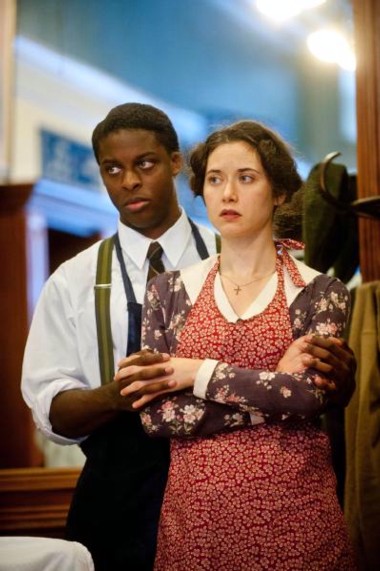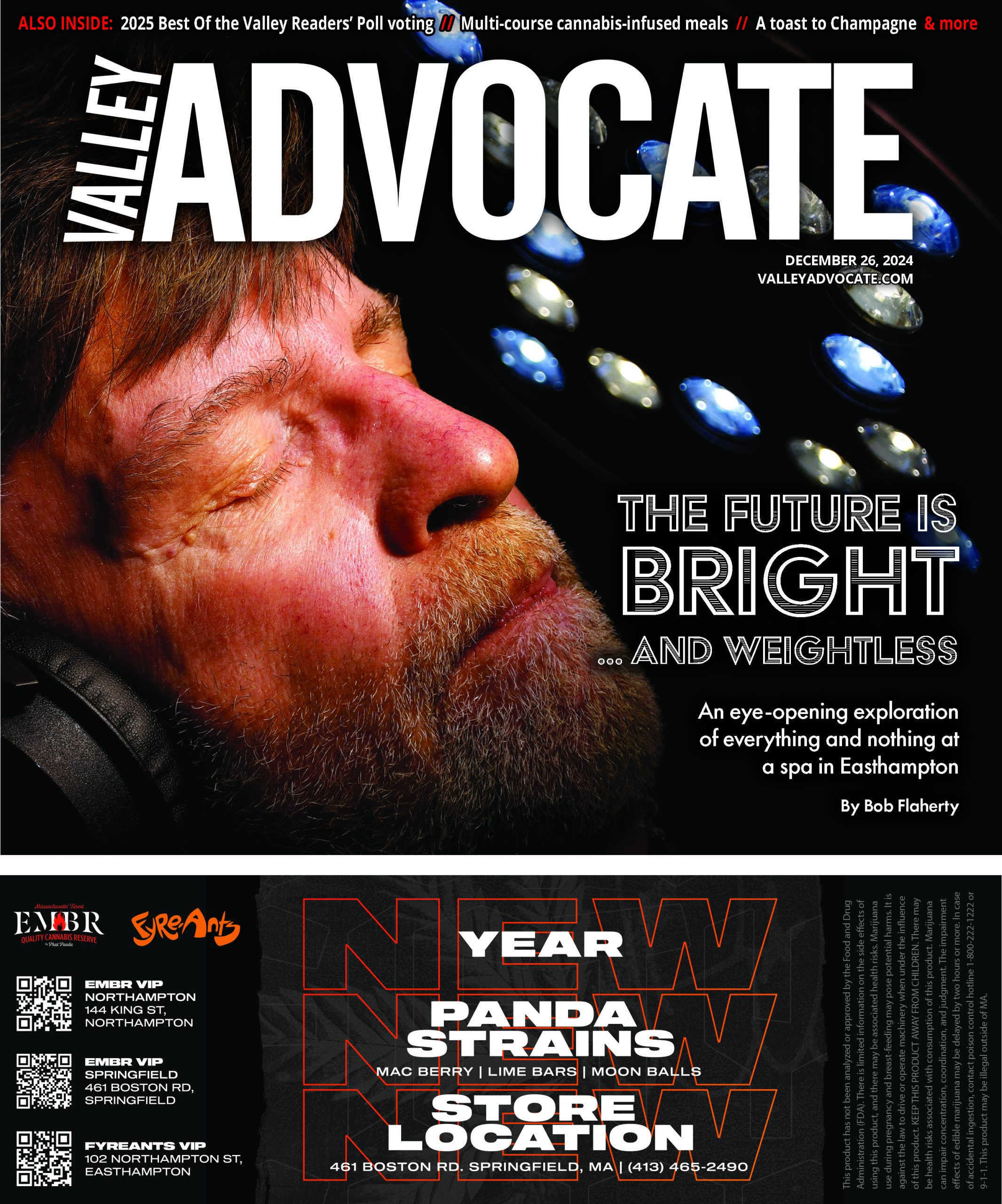For some time now, I’ve been noticing that in their advertising, theaters tend to emphasize—often overemphasize—the comedic or otherwise convivial aspects of their shows, even when they’re patently not comedies. While the descriptives aren’t exactly inaccurate, there’s an apparent need to reassure potential patrons that the experience won’t be gloomy or overly demanding.
Random case in point: New Century Theatre’s season announcement this year promised “humor and heart” in a four-play lineup offering “something for all tastes,” and then proceeded to stress the humor side of the equation. Three of the shows were described, respectively, as a farce, a “dramedy” and “viciously funny”—all quite true, but effectively downplaying what was in fact, after the farcical season opener, a deeply thoughtful set of plays that were hardly laugh-free (even the “edge-of-your-seat drama” on the bill had its lighter moments) but none of them exactly driven by the comic muse.
NCT’s approach is far from unique. Consider, for example, Chester Theatre Company billing the quirky tragedy Arms on Fire as “deeply moving and funny,” Williamstown Theatre Festival tagging the surrealistically creepy Blood Play “darkly comic,” and Boston’s Lyric Stage finding in the archetypal American tragedy Death of a Salesman, of all things, “epic extremes of humor and anguish.”
I hadn’t thought much about this tendency to soften the edges of more challenging fare until Kaufman’s Barber Shop at Shakespeare & Company produced a moment of cognitive dissonance. From the PR, I imagined a sepia-tinted period piece celebrating an all-but-lost piece of Americana. It’s all that, for sure, taking place in 1925, when you could get a shave and a haircut for less than a buck (those two bits having already been overtaken by inflation). But I was surprised to discover that what it’s about is fear and bigotry and miscegenation.
Robert Sugarman’s play—performed in an actual barbershop in Pittsfield, an old-time establishment complete with candy-cane barber pole—is sharper than the publicity but softer than its theme: a social critique à la Frank Capra. In the shop we find the barber and his two best customers: three Jewish businessmen, immigrants or sons of immigrants who have embraced the American dream.
They were scheduled to be played by the same trio who performed S&Co’s Heroes this summer—a show that really was a slice of feel-good nostalgia—but only two were on the final program. Barber Kaufman, played by Robert Lohbauer, is a go-along/get-along kind of guy, as is Malcolm Ingram’s affable jeweler; these in contrast to Morris Schwartz (Jonathan Croy), the ambitious attorney whose jingo patriotism and aggressive paranoia propel the plot toward crisis.
But the real focus of the play is the two young people—deceptively quiet Maggie, the shop’s Irish manicurist, and deceptively deferential Walter, the African-American shoeshine “boy.” And the production’s other great revelation, besides its true nature, was the wonderfully accomplished performances of Kate Abbruzzese and Thomas Brazzle, stepping confidently out of their previous background roles at S & Co.
And speaking of equivocal publicity angles, the company’s season-closing production, running through Sept. 15th, is Martin McDonagh’s brilliant, excoriating drama The Beauty Queen of Leenane—laced with biting humor, to be sure, but not exactly the “provocative dark comedy” of the press release.•
Contact Chris Rohmann at StageStruck@crocker.com.



